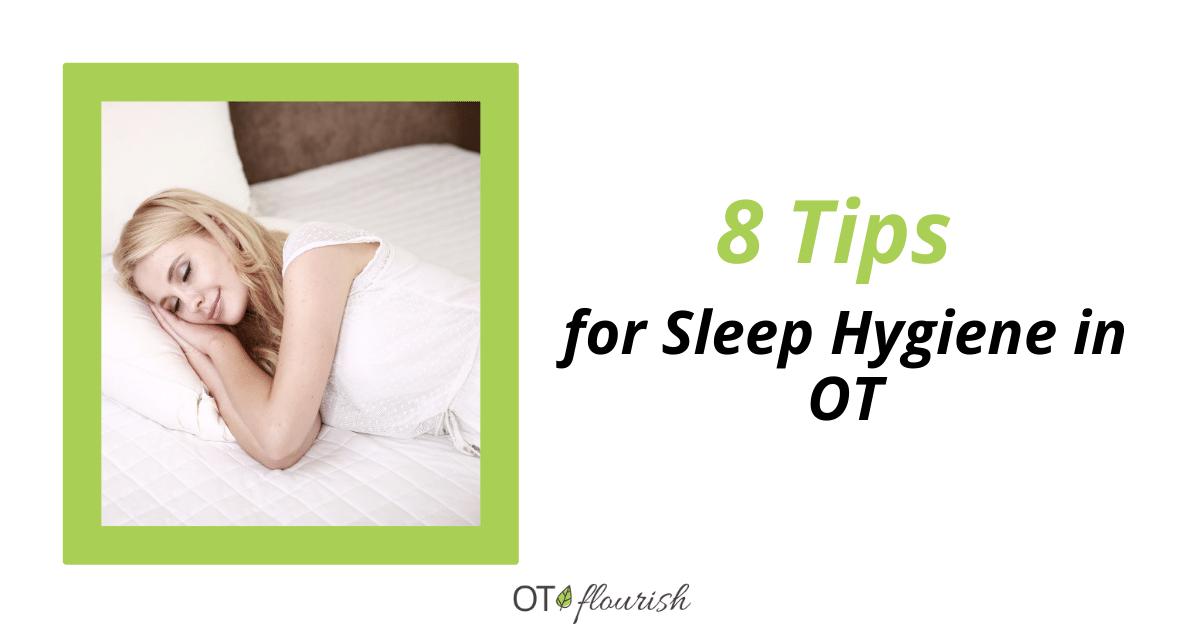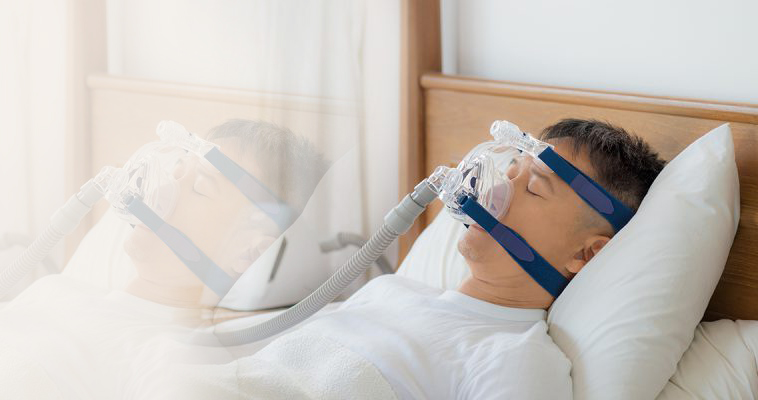Cognitive Behavioral Therapy for Insomnia (CBT-I) - Proven Approaches
Wiki Article
Effective Treatment Solutions for Taking Care Of Rest Disorders and Enhancing Relaxing Rest
In the world of medical care, the monitoring of sleep conditions and the quest for restful sleep are critical components of total well-being. Effective treatment services offer a complex strategy to deal with these obstacles, varying from cognitive behavioral interventions to all natural practices that promote leisure and mindfulness. The exploration of various approaches, consisting of the assimilation of drug and light therapy, opens a world of possibilities in the quest of better rest quality. As we browse the intricate landscape of rest disorders and look for to boost our sleep experience, a much deeper understanding of these treatment options might hold the key to unlocking a more rejuvenating and fulfilling corrective journey.Cognitive Behavioral Treatment for Sleeplessness (CBT-I)
Cognitive Behavior Modification for Insomnia (CBT-I) is an organized, evidence-based treatment method that focuses on resolving the underlying elements adding to rest disturbances. This kind of therapy aims to customize behaviors and thoughts that intensify sleeping disorders, eventually advertising healthy and balanced sleep patterns. CBT-I normally entails a number of essential elements, including cognitive treatment, rest restriction, stimulation control, and sleep health education and learning.Cognitive therapy helps individuals determine and transform unfavorable idea patterns and beliefs about sleep that might be impeding their ability to fall or remain asleep. Rest limitation involves restricting the quantity of time invested in bed to match the individual's actual rest period, thereby increasing rest effectiveness (insomnia solutions). Stimulus control methods aid establish a strong organization between the bed and sleep by motivating people to head to bed just when sleepy and to stay clear of participating in stimulating activities in bed
In addition, rest hygiene education concentrates on developing healthy and balanced rest practices, such as keeping a regular sleep schedule, producing a relaxing going to bed regimen, and optimizing the sleep environment. By resolving these elements thoroughly, CBT-I supplies an effective non-pharmacological intervention for handling sleep problems and improving general rest top quality.
Sleep Hygiene Practices
Having established the structure of cognitive restructuring and behavior adjustments in dealing with sleeping disorders via Cognitive Behavioral Therapy for Sleep Problems (CBT-I), the focus now moves in the direction of discovering essential Sleep Health Practices for maintaining optimum sleep top quality and general health.Rest health methods include a variety of practices and ecological elements that can significantly affect one's capability to go to sleep and stay asleep throughout the night. Regular rest and wake times, producing a relaxing bedtime regimen, and enhancing the rest atmosphere by maintaining it dark, silent, and cool are vital elements of good sleep health. Restricting exposure to screens prior to going to bed, staying clear of stimulants like caffeine close to going to bed, and involving in routine exercise throughout the day can additionally promote better rest quality.
In addition, practicing leisure strategies such as deep breathing workouts or reflection before bed can help relax the mind and prepare the body for rest. By including these rest health practices right into one's day-to-day regimen, individuals can establish a healthy rest pattern that supports peaceful sleep and overall well-being.
Leisure Techniques and Mindfulness
Applying relaxation strategies and mindfulness techniques can play an essential duty in promoting a sense of tranquility and promoting top quality rest. insomnia therapy. These techniques aim to silent the mind, minimize stress and anxiety, and create an optimum setting for relaxed rest. One widely exercised method is deep breathing workouts, where people concentrate on sluggish, deep breaths to unwind the body and mind. Modern muscular tissue leisure entails tensing and after that releasing each muscle mass group, promoting physical relaxation. Additionally, led imagery can assist transfer people to a relaxed area in their minds, aiding in stress reduction and enhancing sleep high quality.By incorporating these practices into a going to bed regimen, individuals can my link signal to their bodies that it is time to prepare and take a break for sleep. In general, integrating leisure methods and mindfulness techniques can considerably contribute to taking care of rest disorders and enhancing total sleep top quality.

Medication Options for Sleep Disorders
After checking out leisure techniques and mindfulness methods as non-pharmacological interventions for improving sleep quality, it is necessary to take into consideration medication choices for individuals with rest disorders. In instances where way of life changes and treatment do not provide adequate relief, medication can be a valuable device in managing rest disruptions.
Frequently suggested medicines for sleep conditions include benzodiazepines, non-benzodiazepine hypnotics, antidepressants, and melatonin receptor agonists. Antidepressants, such as trazodone, can be valuable for individuals with co-occurring clinical depression and sleep disturbances - next page sleep improvement therapy.
It is essential for individuals to seek advice from with a doctor to determine the most proper medication option based upon their specific sleep condition and clinical history.
Light Therapy for Body Clock Law
Light treatment, also known as photo-therapy, is a non-invasive treatment approach utilized to control body clocks and enhance sleep-wake cycles. This therapy entails direct exposure to intense light that resembles all-natural sunlight, which aids to reset the body's inner clock. By subjecting people to certain wavelengths of light, typically in the morning or evening relying on the wanted impact, light treatment can successfully readjust the circadian rhythm to promote wakefulness throughout the day and improve relaxing rest at evening.Research has actually shown that light therapy can be especially beneficial for individuals with circadian rhythm disorders, such as postponed sleep stage syndrome or jet lag. It can additionally be useful for those experiencing seasonal affective condition (SAD), a kind of depression that usually occurs throughout the winter season when natural light direct exposure is reduced. Light treatment is generally well-tolerated and can be used along with other treatment techniques for rest conditions to maximize end results and improve general rest high quality.
Final Thought
To conclude, effective therapy remedies for managing sleep conditions and enhancing relaxed sleep consist of Cognitive Behavioral Treatment for Sleeplessness (CBT-I), rest hygiene practices, relaxation techniques and Bonuses mindfulness, medicine choices, and light treatment for circadian rhythm guideline. These techniques can aid individuals improve their rest high quality and general health. It is very important to consult with a doctor to figure out the most appropriate technique for addressing rest concerns.
As we navigate the elaborate landscape of sleep conditions and seek to improve our sleep experience, a much deeper understanding of these therapy solutions might hold the key to opening an extra relaxing and satisfying restorative trip.
Sleep limitation includes restricting the quantity of time invested in bed to match the person's actual rest period, thereby increasing sleep effectiveness. Consistent sleep and wake times, producing a relaxing going to bed routine, and optimizing the sleep setting by keeping it dark, silent, and cool are critical elements of good rest health. Light therapy is typically well-tolerated and can be utilized in conjunction with other treatment approaches for rest problems to maximize end results and boost overall sleep high quality.

Report this wiki page